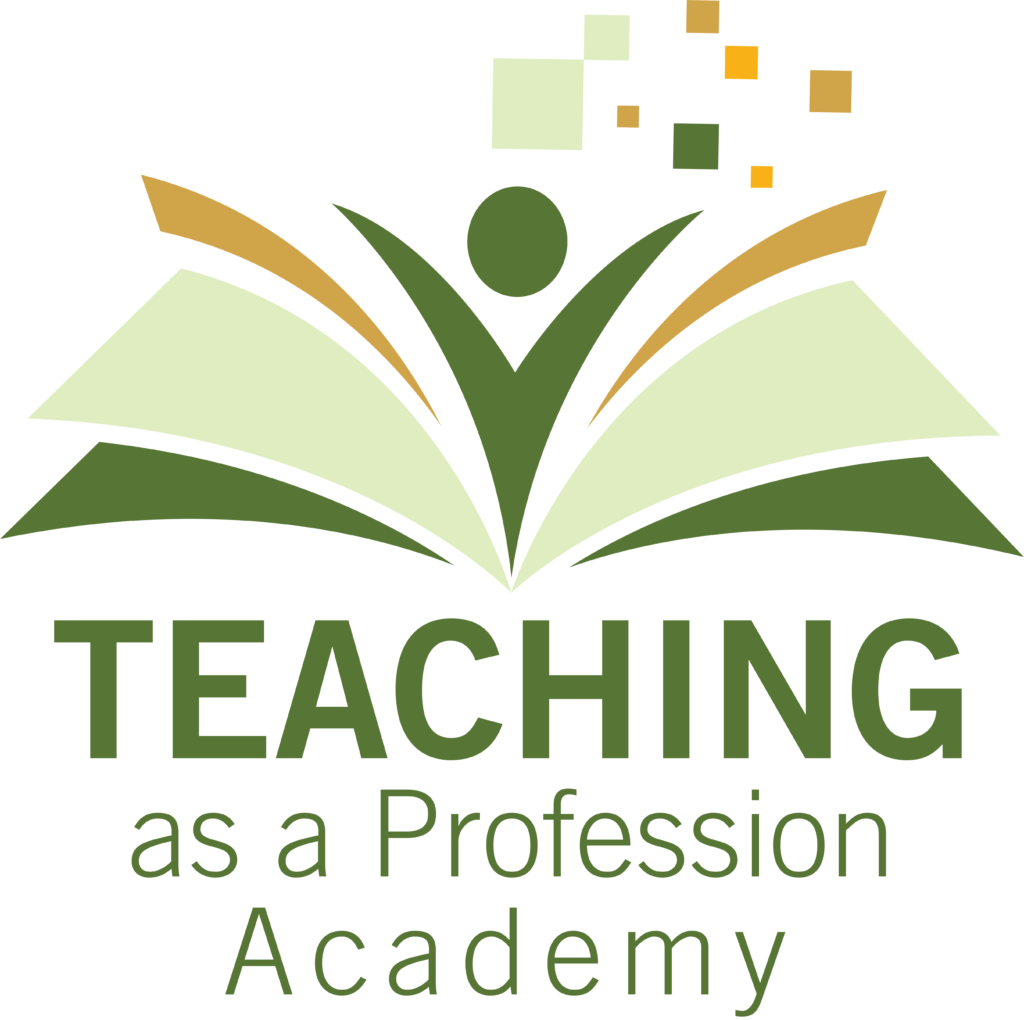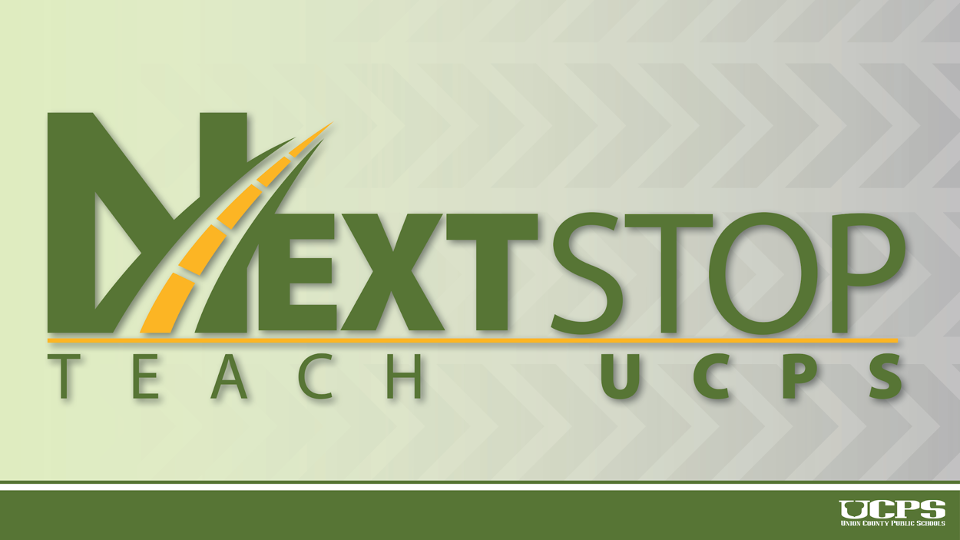Find your own pathway
Discover your interests, unleash your talents, and soar into your future - start searching for your pathway today.
The Teaching as a Profession Academy is an portion of the Teach UCPS program, which is a partnership with UCPS, South Piedmont Community College, and Wingate University.
Like many school districts across the nation, Union County Public Schools (UCPS) is struggling to fill vacant teacher positions. A report released Feb. 1 by the North Carolina Department of Public Instruction shows that there are nearly 5,500 instructional vacancies statewide.
Through an innovative partnership with Wingate University and South Piedmont Community College (SPCC), UCPS is proud to announce Next Stop: TeachUCPS, a teacher pipeline program for students and employees. This new strategy will help UCPS to grow its own teachers and provide a roadmap that removes financial barriers for pursuing a teaching license.
“The teacher shortage is increasing and we have to innovate locally to address recruitment and retention,” said Superintendent Dr. Andrew Houlihan. “We are blessed to have SPCC and Wingate University as partners. With their help, we can open doors and create new opportunities for students and staff to go to college and become certified teachers.”
Next Stop: TeachUCPS has four pathways—three for high school students and one for teacher assistants. Students can begin taking classes in ninth grade, earn an associate’s degree from SPCC and then enroll in the Road to Wingate program to earn a college degree. Teacher assistants can follow a similar path to become a certified teacher.
In addition to classes, the pathways will provide internships and field experiences for students. Currently, UCPS is offering the traditional pathway at Weddington High School. Students are receiving hands-on experience by working with teachers and students at Weddington Elementary School and Weddington Middle School. Through this pathway, students will have the opportunity to participate in a Career and Technical Education (CTE) internship and work on lesson planning with staff, attend planning meetings on teacher workdays and teach small or whole-group lessons. This same pathway will expand to Porter Ridge High School in the 2023-2024 school year.
“When I enrolled in the Teaching as a Profession class, I expected to learn the basics of how to be a teacher,” said Mia Anderson, a senior at Weddington High School. “I learned so much more in this class than I ever had in mind. I gained new insight on how different ages of children act, how to curate a classroom that is inclusive, how each student has a unique learning style, and that a classroom is made up of several different parts, not just the academic instruction.” 
Or

SPCC - Articulated credit is earned as a result of a student passing the designated UCPS CTE course(s) with a final letter grade of a B or higher. Upon acceptance to SPCC, students must have their final transcript along with the Performance-based Measurement Rubrics for all classes sent to the Office of Admissions for articulation of the appropriate credits. This should take place before the student registers to eliminate any problems with acceptance of course credit. Wingate - Articulated credit is earned as a result of a student passing the designated UCPS CTE course(s) with a final letter grade of a B- or higher. Students must apply for acceptance to Wingate University
The training includes the following modules: 1) Health, Safety & Nutrition, 2) Environmental Design, 3) Child/Youth Development, 4) Developmentally Appropriate Activities, 5) Guiding Child Behavior, and 6) Quality School Age Care. This training is required by the North Carolina Division of Child Development and Early Education for school age care professionals working in licensed programs but is a great training for new staff in any afterschool program setting.
Discover your interests, unleash your talents, and soar into your future - start searching for your pathway today.